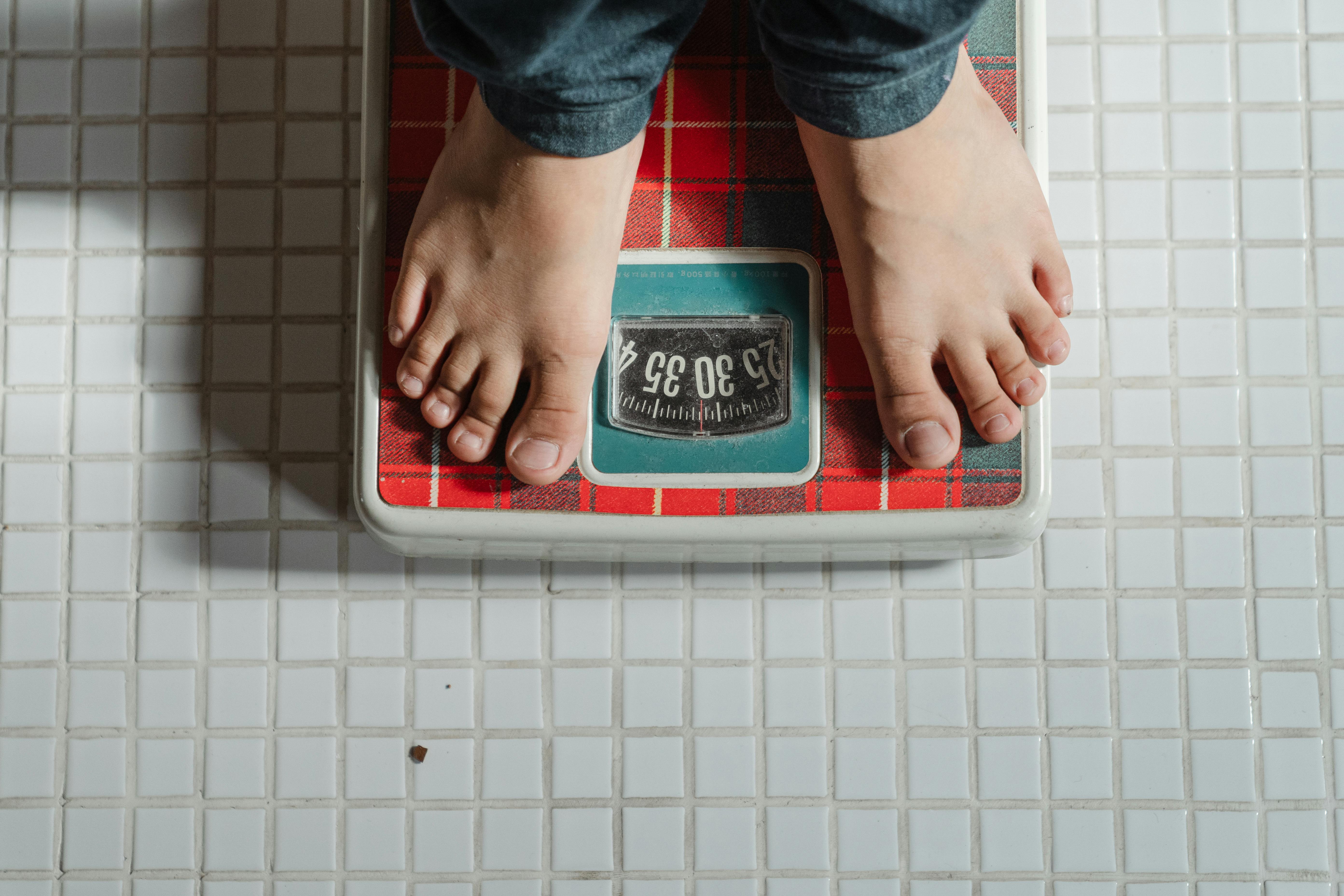Apply Now
Understanding Body Image and Its Importance
Body image is a complex concept that encompasses how individuals perceive, feel, and think about their bodies. It plays a critical role in our overall mental health and is influenced by societal standards, personal experiences, and cultural beliefs. In today's world, the pressures to conform to certain beauty ideals can lead to body shaming, body dysmorphia, and negatively impact one's self-esteem. Emphasizing body positivity can foster self-acceptance and promote a healthier relationship with our physical selves.
Learning to embrace our unique body structures is key to cultivating body confidence. Just as we need to nourish our bodies through healthy habits, we must also nurture our mindsets regarding our physical appearance. The journey toward a positive body image is often intertwined with personal growth and emotional resilience, which helps shift focus from superficial concerns to a deeper appreciation for one’s physical and mental wellness.
As we delve deeper into this topic, we will explore different aspects that contribute to body image, including the impact of media representation, the role of fitness and health in shaping body confidence, and practical strategies for individuals to embrace their unique body types. Ultimately, fostering a healthy body image can lead to improved self-esteem, better mental health, and a greater sense of empowerment in one’s personal journey towards self-love and acceptance.
Exploring Body Positivity: A Movement for Acceptance
Building upon the understanding of body image, the body positivity movement has gained momentum as a critical response to unrealistic beauty standards imposed by society. This movement advocates for the acceptance of all bodies, regardless of size, shape, or appearance, and promotes the idea that everyone deserves to feel good about their body.
Defining Body Positivity
Body positivity transcends mere aesthetics; it is about celebrating the diversity of body types and encouraging people to embrace themselves as they are. It strives to eliminate body shaming by fostering a culture that acknowledges that body acceptance is a fundamental human right. This shift not only empowers individuals but also challenges harmful perceptions that link worthiness to physical appearance.
The Role of Social Media
In today’s digital age, social media platforms serve as both catalysts for change and perpetuators of body image issues. On one hand, they can promote unrealistic beauty ideals; on the other, they also provide a platform for body positivity advocates to share their journeys and promote self-love. Influencers and activists are increasingly using these platforms to challenge beauty norms and endorse a more inclusive visual culture involving diverse body representations.
Benefits of Practicing Body Positivity
Engaging with body positivity fosters emotional health by reducing feelings of shame and promoting self-acceptance. Individuals who embrace body positivity often experience increased self-esteem and decreased anxiety and depression associated with body image concerns. Furthermore, this mindset can encourage healthier lifestyles as people focus on overall wellness instead of adhering to societal expectations of an ideal body.
Navigating Body Image Issues
With a firm understanding of body positivity, it is essential to explore the various challenges that can arise in the context of body image. Body image issues can manifest in different forms, significantly impacting mental health and well-being.
Understanding Body Dysmorphia
Body dysmorphia is a psychological disorder that leads individuals to obsess over perceived flaws in their appearance. This condition can result in severe distress and negative self-perception, often influenced by societal beauty standards. Recognizing the signs of body dysmorphia is crucial for seeking appropriate support and treatment.
The Impact of Body Shaming
Body shaming occurs when individuals are criticized or mocked for their physical appearance, which can severely affect their mental health and self-worth. The prevalence of body shaming in various forms—from social media comments to personal relationships—can perpetuate harmful cycles of self-esteem issues and unhealthy body image perceptions.
Addressing Emotional Health and Body Image
A pivotal connection exists between emotional health and body image. Individuals facing body image issues often experience anxiety, depression, or low self-esteem. Addressing these challenges may involve incorporating mindfulness practices and working with mental health professionals to develop coping strategies tailored to improve self-image and emotional resilience.
Benefits of a Healthy Body: Fitness and Wellness
A focus on fitness and wellness is integral to fostering a balanced body image. Engaging in physical activity and embracing holistic health practices can support individuals in achieving their body goals while nurturing self-acceptance.
The Importance of Physical Activity
Physical activity positively impacts body health and contributes to improved body composition and strength. Establishing a consistent exercise routine not only enhances physical wellness but also boosts mental well-being. Exercise releases endorphins, promoting a sense of happiness and fulfillment, which is foundational for cultivating body confidence.
Nutrition: Fueling a Healthy Body
Nourishing the body with healthy, balanced meals directly influences how individuals feel about their appearance and energy levels. Focusing on nutrition rather than restrictive diets allows for a more positive relationship with food, further supporting body positivity and acceptance.
Mind-Body Connection through Wellness Practices
Holistic wellness practices, such as yoga and mindfulness meditation, deepen the connection between the body and mind. These practices encourage body awareness and promote self-compassion. By fostering a compassionate approach to body wellness, individuals can replace negative self-talk with encouragement, reinforcing their body confidence.
Strategies to Improve Body Confidence
As we summarize these concepts, it’s essential to address actionable strategies to improve body confidence, facilitating a positive self-image.
Developing a Positive Self-Image
Inviting individuals to practice positive self-talk and affirmations can create a healthier self-image. Engaging in daily affirmations reinforces self-love and acceptance, counteracting negative thoughts about body image.
Setting Realistic Body Goals
Establishing achievable body goals encourages individuals to focus on progress over perfection. Individuals should tailor goals to personal lifestyle choices rather than societal pressures, helping to foster a more positive outlook on their bodies.
Seek Support Networks
Surrounding oneself with a supportive community can make a significant difference in one's body image journey. Engaging with like-minded individuals, whether through social media groups or in-person communities, can foster encouragement and empowerment.
Q&A: Common Questions About Body Image
What is body positivity?
Body positivity is a movement that promotes acceptance and appreciation of all body types, challenging the societal norms that dictate beauty standards. It embraces diversity and encourages individuals to love their bodies regardless of their shape or size.
How can I improve my body image?
Improving body image can be achieved by practicing self-love, engaging in mindfulness techniques, surrounding yourself with supportive people, and focusing on overall health and wellness rather than appearance alone.
What are some signs of body dysmorphia?
Signs of body dysmorphia may include obsessive thoughts about perceived flaws, compulsive behaviors to check or hide these perceived flaws, and significant distress or impairment in social situations or daily activities due to body image concerns.
How does fitness impact body image?
Regular physical activity promotes both physical health and mental well-being. Exercise can enhance body confidence by improving strength and fitness levels, fostering a more positive relationship with one's body.
What role does nutrition play in body confidence?
Nutrition is pivotal in how individuals perceive their bodies because a balanced diet supports overall health, energy levels, and self-image. Focusing on nourishing the body rather than restrictive eating can enhance body confidence significantly.




